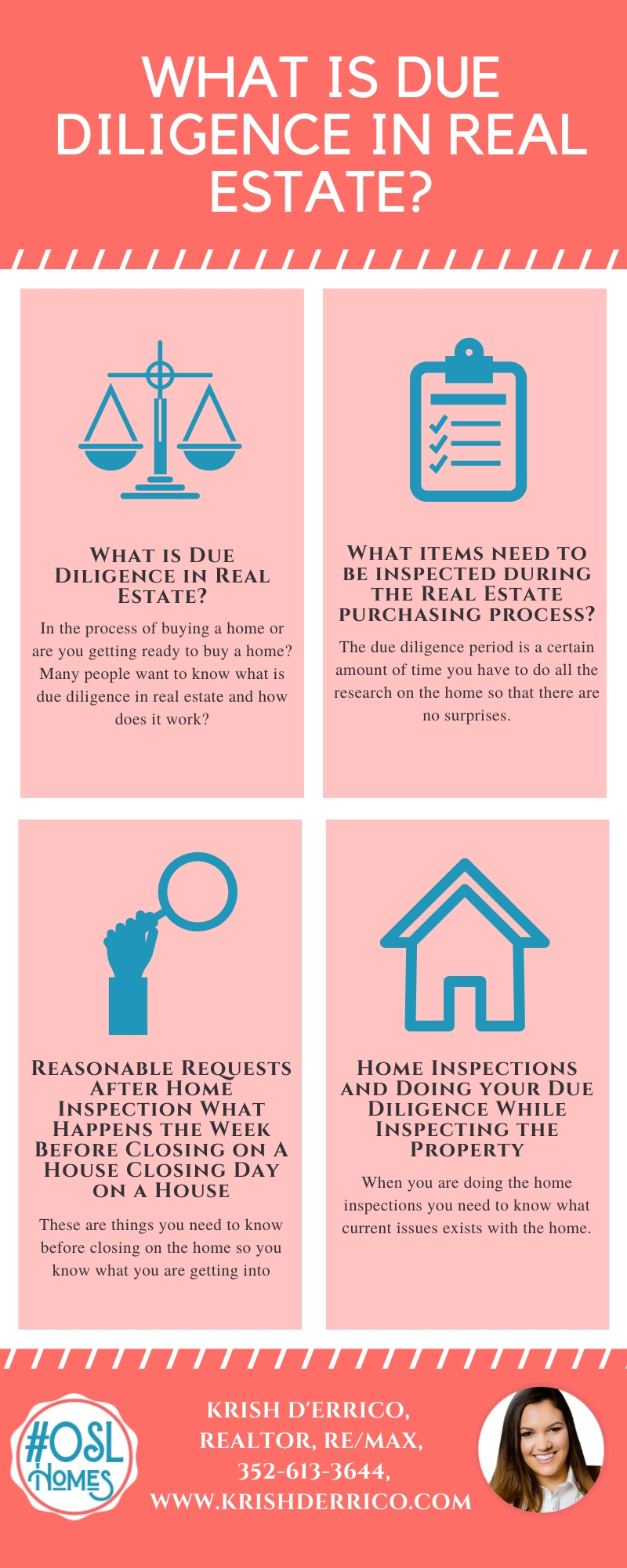The Real Estate Investor’s Lifeline: Why Due Diligence Should Always Come First

When it comes to real estate investing, the thrill of the hunt can be intoxicating. We’ve all been there – we spot a potential gem of a property, and our minds start racing with visions of renovation, rental income, and long-term appreciation. But before you jump in with both feet, take a step back and remember the most critical part of the process: due diligence.
Due diligence is the research and analysis that happens before you sign on the dotted line. It’s like taking a magnifying glass to every aspect of the property and the deal itself, to ensure you’re making an informed decision. Think of it as a safeguard against costly surprises down the line.
Why Due Diligence Matters
Imagine buying a rental property, only to discover that its foundation is crumbling. Or investing in a fixer-upper, only to realize the work required is far more extensive (and expensive) than you initially thought. These are just a couple of scenarios where due diligence can save the day.
Here are some of the key reasons due diligence should always come first:
-
Reducing Risk: By doing your research upfront, you’ll be better equipped to identify potential pitfalls and mitigate risks. Whether it’s a problematic property manager, a looming tax bill, or unresolved structural issues, due diligence helps you see around corners.
-
Ensuring Compliance: Regulations, zoning laws, and permits can be a puzzle to navigate. Due diligence ensures you’re aware of and compliant with every requirement, saving you from potential headaches and fines down the line.
-
Uncovering Hidden Costs: It’s easy to get caught up in the excitement of the purchase price, but due diligence can reveal a host of other expenses you may not have factored in. Property taxes, insurance, maintenance costs – all of these can eat into your profit margins if you’re not aware of them from the outset.
-
Getting to the Heart of the Deal: Due diligence can help you peek behind the curtain and understand the motivations of the seller. Are they looking to offload a problem property? Have they received other offers that you should know about? Knowing the context of the sale can help you make a more informed decision.
Putting Due Diligence into Practice
So, what does due diligence look like in real-world practice? Here are a few key steps to follow:
-
Inspect the Property: Don’t just walk-through; hire a professional to inspect the property for any signs of damage or wear. This includes checking the foundation, roof, electrical and plumbing systems, and everything in between.
-
Review Public Records: Research any outstanding liens, tax issues, or zoning disputes that may affect the property. This can also help you understand the seller’s motivations and the property’s history.





